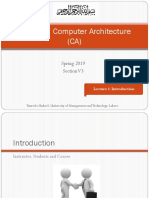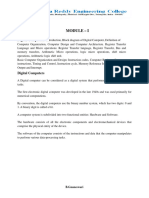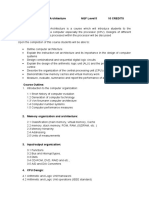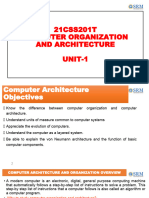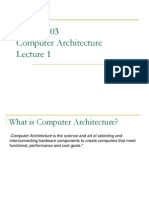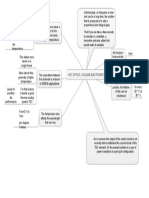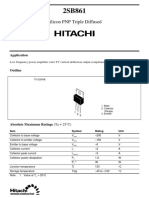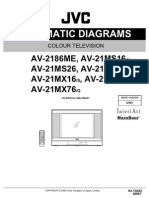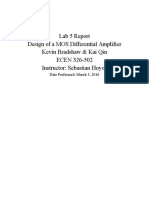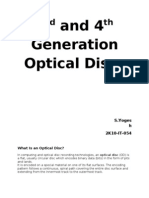CS 325-Computer Architecture
Lecture 01
Introduction
Instructor: Asim Rehan
arehan@numl.edu.pk
National University of Modern Languages, Islamabad
1
�Instructor
Asim Rehan
Email: arehan@numl.edu.pk
Office: Room (20 – Basement Ghazali Block)
Office Hours:
Will later be Displayed outside my office.
TA
TBA
2
�About the course
Credit Hours: 2.5 + 0.5
Text Book:
Computer organization and Design
:The Hardware/Software Interface,
3rd Edition,
By Patterson and Hennessy
3
�Grading Criteria (Tentative)
Quizzes (Class) = 10%
Assignments (Class) + Presentation on topic =
10%
Mid Term = 30%
Final = 50%
4
�Plagiarism/Cheating Policy
Zero Tolerance
Zero points in assignment/ quiz/ project/ exam
Second Time Zeros in all assignment/ quiz/
Third Time Grade F in course
Report to HOD
5
�Quiz/Assignment Policy
Quizzes will mostly be unannounced.
Late submission of assignments will not be
entertained so do not bother to visit me for
submission.
Exception may occur *
6
�Are Computers Smart?
To a programmer:
Very complex operations / functions:
„(map (lambda (x) (* x x)) '(1 2 3 4))
Automatic memory management:
„List l = new List;
“Basic” structures:
„Integers, floats, characters, plus, minus, print
commands
7
�Are Computers Smart?
In real life at the lowest level:
‰
Only a handful of operations:
„{and, or, not}
No automatic memory management.
Only 2 values:
„{0, 1} or {low, high} or {off, on}
8
�Computer Organization
What is it?
‰
computer architecture
„ programmer's view of the machine data
representation and operations
‰computer organization
„structural relationships not visible to the programmer
9
�Computer Architecture’s: Changing
Definition
1950s to 1960s: Computer Architecture Course:
Computer Arithmetic
1970s to mid 1980s: Computer Architecture Course:
Instruction Set Design, especially ISA
appropriate for compilers
1990s: Computer Architecture Course:
Design of CPU, memory system, I/O system,
Multiprocessors, Networks
2000s: Computer Architecture Course: Non
Von-Neumann architectures, Reconfiguration,
Focused MIPs
10
�Why Study It?
you want to be a computer scientist
it makes you a better programmer
performance: programming is more than just
getting the answer
it's fun to learn how things work
you may need to buy a computer someday
11
�What is “Computer Architecture”?
12
�Levels of Representation
13
�Anatomy: 5 components of any Computer
14
�Technology Trends: Memory Capacity
(Single-Chip DRAM)
15

